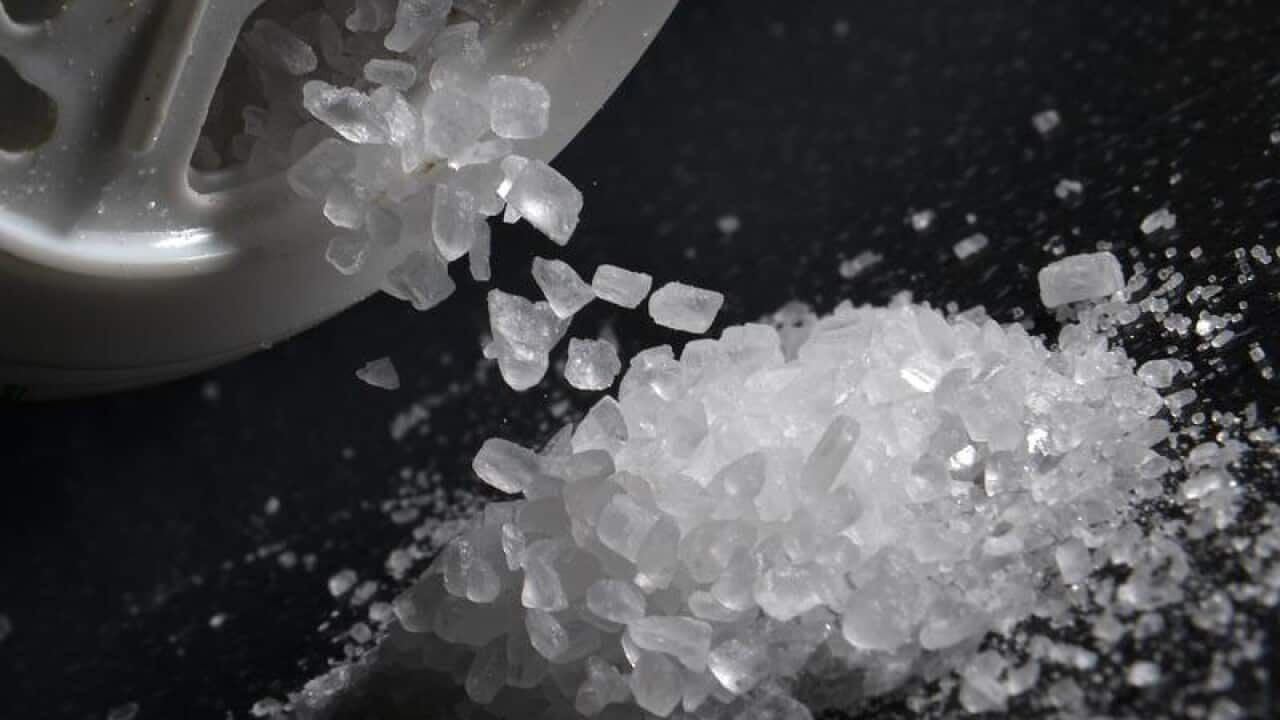A high salt intake is associated with a two-fold risk of heart failure, new international research has found.
With the average Australian consuming too much salt, health experts have issued a plea for consumers to cut back on salty foods.
"The heart does not like salt. High salt intake markedly increases the risk of heart failure. This salt-related increase in heart failure risk was independent of blood pressure," said Professor Pekka Jousilahti from the National Institute for Health and Welfare.
Researchers in Finland, led by Prof Jousilahti, followed over 4000 randomly selected adults aged 25 to 64 for 12 years to investigate the impact salt had on their health.
In total, 121 men and women developed new heart failure.
The North Karelia Salt Study, presented at the European Congress of Cardiology in Barcelona this week, found that the consumption of 13.7 grams of salt doubled the risk of heart failure compared to consuming less than 6.8 grams per day.
The Heart Foundation warns many Australians face a similar risk of heart failure.
Previous research has shown that the majority of Australians consume around nine grams of salt per day - nearly double the recommended intake of five grams.
Heart Foundation CEO John Kelly says it's time to ditch the salt.
"This study showed a salt-related increase in heart failure risk that was independent of blood pressure, which is concerning," Prof Kelly said.
"While the process by which salt affects the development of heart failure is still unclear, this study supports the need for everyone to be aware of how much salt they are consuming," he said.
Just last week, Australians were urged to check the salt content of cooking sauces after analysis by The George Institute for Global Health found many contained high levels of "hidden" salt.
It found salt intake was highest in powdered sauces that are used commonly for casseroles, curries and pasta bakes.
A huge variation is salt content was also uncovered, with some tomato-based pasta sauces containing 90 times more salt than others.
The Heart Foundation recommends that all Australians should eat less than six grams of salt a day, which is about one teaspoon.
Those with high blood pressure and those at risk of heart disease should eat less than four grams of salt per day.
"Although this study does not prove that high salt intake causes heart failure - only that the two are linked - it does underline the importance of reducing salt intake for better heart health," said Prof Kelly.

